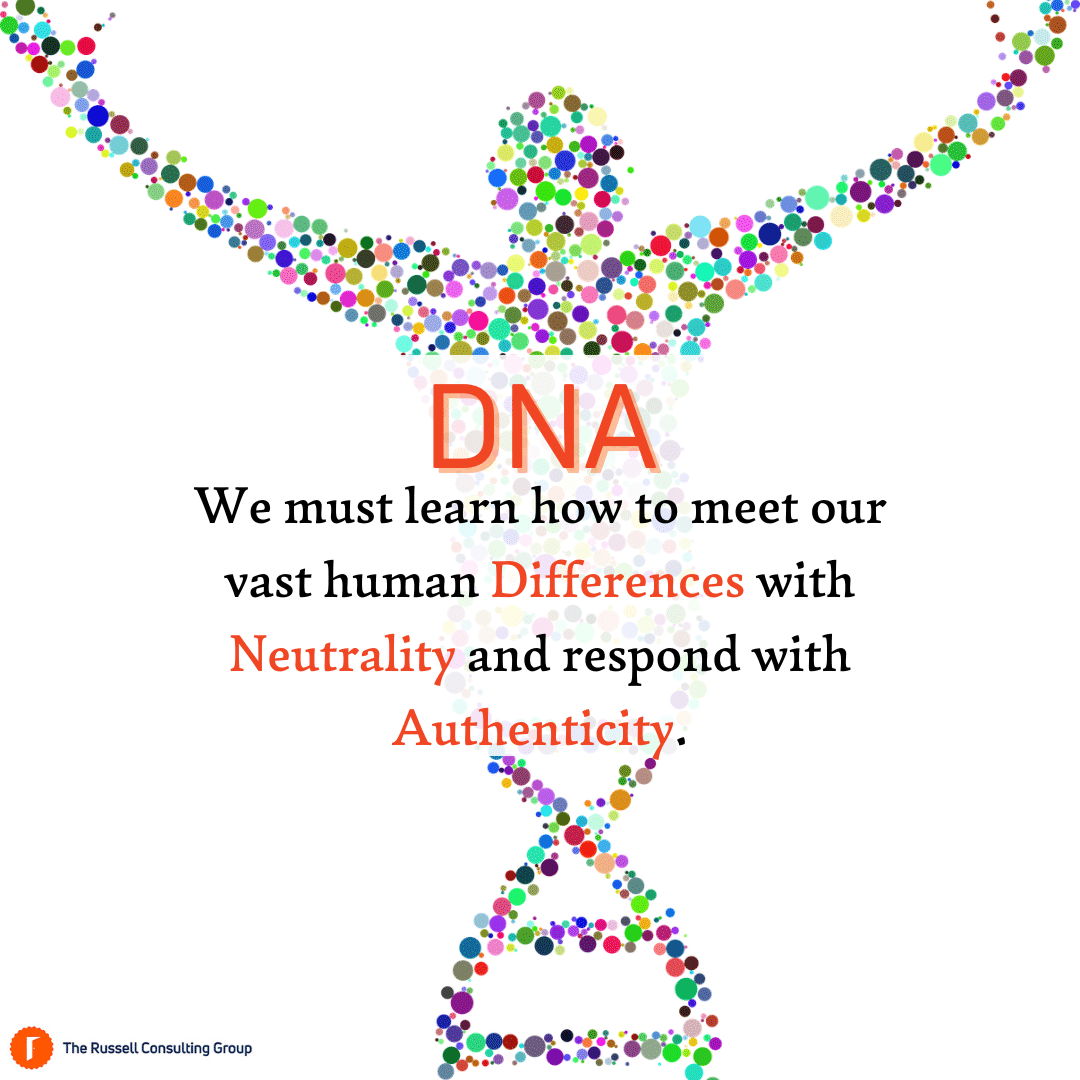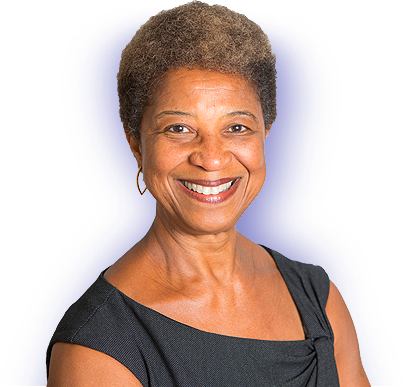Do you want to be recognized as a great team leader, because of the color of your skin, your sexual orientation, or your gender?
Or….
Do you want to be recognized as a great team leader who played a role in transforming the healthcare industry because you saw, honored and valued the unique differences each team member brought to the table?
If you chose the second statement, this blog is for you!
Inclusivity
As a woman of color from the Bahamas, I know first hand how it feels to be looked at from a “diversity” perspective; labeled and categorized by surface level things that had very little to do with my purpose or performance. Becoming the first woman to graduate with an engineering degree from my college never magically created a feeling of “inclusivity” for me. In fact, I felt diminished when I was told I was hired for my first job as an engineer because I counted three times for the organization. I was black, a woman and an engineer. This, by the way, was in the seventy’s when DEI was “a thing” as it was called and there were very few woman engineers.
That feeling of “inclusivity” only happened after I investigated my thinking and beliefs about who I am in the world and threw out anything that didn’t align with how I wanted to feel everyday. I learned over time that to feel and be truly valued and respected, I needed to stop looking to bosses, co-workers, friends or even family for validation and start acting like someone who really valued and respected themself first.
Experience
In my experience, inclusive work cultures aren’t made by hiring diverse looking humans or righting inequalities in pay, although it helps. They are made because the people (everyone – leader and employee) within them are willing to investigate their own (often unconcious) internal biases about differences; the obvious ones and the ones that can only be discovered by spending time together.
After helping hundreds of frustrated healthcare leaders successfully and sustainably change their workplace cultures, it’s clear that embedding diversity into the fabric of the culture versus creating a temporary initiative on the fringes, is the solution. I’ve found the very language of DEI (Diversity, Equity and Inclusion) keeps most people stuck thinking about representation (race, gender, sexuality, etc.), which keeps the never ending cycle in effect. That is why I’m excited to introduce D.N.A. a new approach to creating unity and ending the cycle of division that leads to medical error and disparity of care.
How cool that DNA just happens to be the unique blueprint of each and every human, inside the suit? 😉 Magic!

D.NA.
DIFFERENCES- represent the totality of what makes us human. Obvious differences like appearance or how we drink our tea or coffee as well as a million subtle ones like; unique gifts and talents, preferences, mannerisms and instincts.
NEUTRALITY- represents the emotional state needed to create environments of impartiality, mutual respect and healthy relationships. We must recognize and account for our emotional reactions that stem from our own internal biases resulting in judgement, blame, expectations and assumptions.
AUTHENTICITY- represents having enough awareness and respect for your own differenes that you can trust and follow your own lead. A foundation of trust in Self results in personal accountability, responsibility and a natural respect for others.
What comes up for you?
I will stop there for now, giving you time to let it sink in and explore what comes up for you personally after reading this. In the coming weeks I’ll dive deeper into what D.N.A. means, sharing examples of where and how it shows up and giving you practical ways to start using this approach in your own life as you feel inspired.
In the meantime, you can subscribe to my Win at Work newsletter where I always share examples, tips & insights and answer questions about this topic and others. Just leave your email address in the Stay up to date box.
Like? Share with your colleagues!
How cursing helped open my eyes to accepting differences
In the 1970s, when I was transitioning from a career as a chemical engineer to a diversity coach, I worked mostly with men. I noticed that a lot of them frequently cursed.
Being raised by a mother who believed ‘cursing is bad’, I had adopted that belief and it really rubbed me the wrong way. 😠 I’d get irritated and think, You don’t say words like that, it’s bad to curse. I would even actively scold the men and say “No, no, no! You shouldn’t curse!”
Then one day, when I was talking to my coach at the time about it, I got caught by surprise.
The Gift of Frustration
We’ve all been frustrated at work. In fact, a 2022 Leadership IQ study found that over 60% of the nearly 3,000 workers polled were so …
Break Through Your Work Barriers
Hello Friend! Today we’re giving you access to a proprietary tool that is an absolute favorite of our clients. The CEO’s and executives we work …







